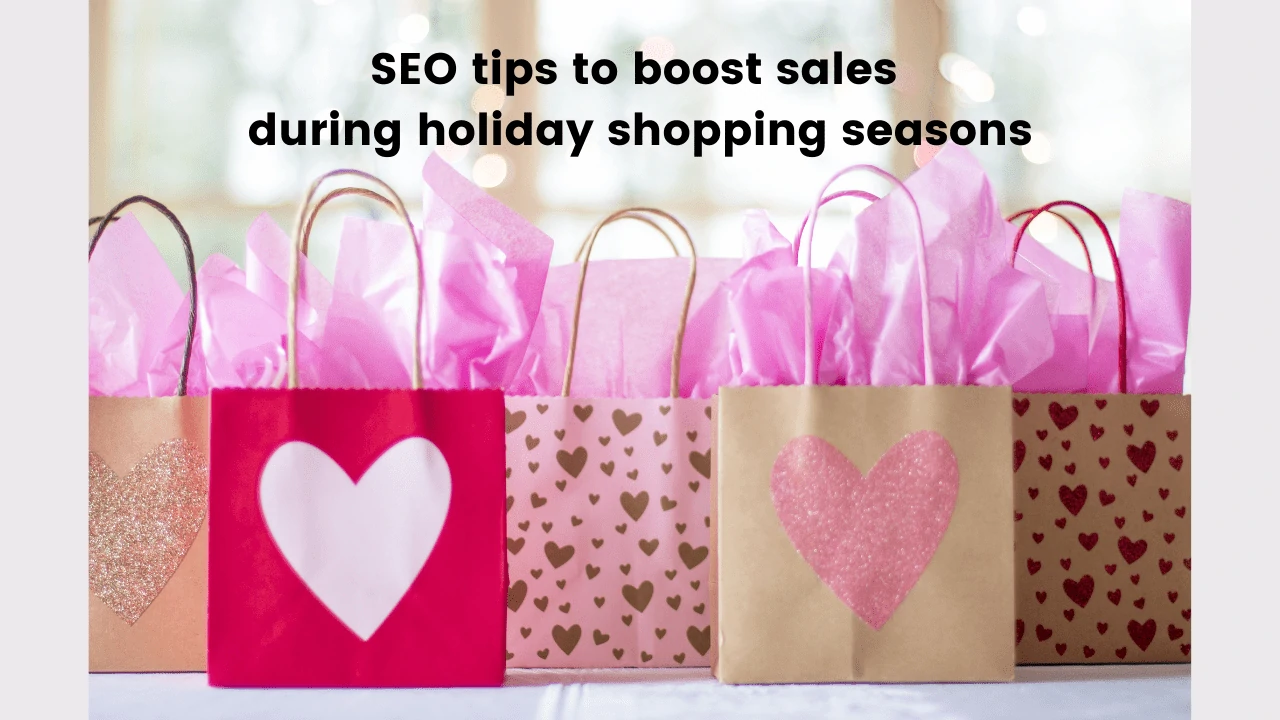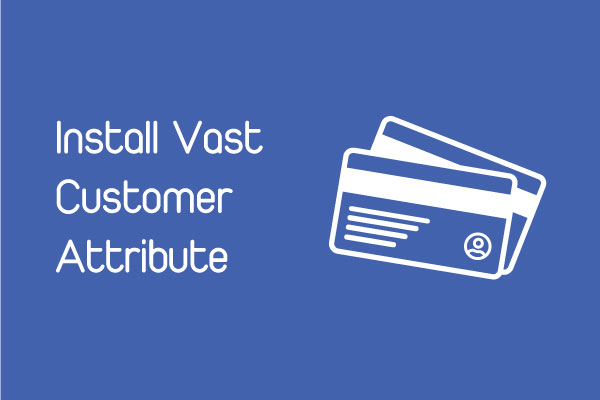Retailers make a lot of money during the holidays. This is a proven fact.
If merchants want to make the most of these special times of year, they must plan ahead of time if they don’t want to fall behind in the sales race. SEO marketing is a wonderful customer acquisition technique in the Covid-19 era, when most transactions are made online. When done correctly, SEO can save store owners a lot of money while also having a major beneficial impact on their businesses.
Let’s take a look at these four SEO tactics for increasing sales throughout the holiday shopping season.
1. Conduct keyword research for the holidays
It is self-evident. A successful SEO campaign relies heavily on keywords. First and foremost, you must conduct keyword research in order to prepare your store for the forthcoming Christmas season.
Study last year’s holiday
It is never too late to learn from the past. Store owners may learn a lot about previous holiday seasons by looking back. This information can be quite useful for this year’s marketing.
- When did the number of holiday-related search searches start to rise? When did it hit its pinnacle?
- Which search terms did customers use to locate your goods and services?
Knowing the answers to these questions will help you better understand the Christmas shopping traffic pattern and devise a strategy. This is where Google Analytics, Google Search Console, and other such tools come in helpful.
Long-tail keywords should be used
Long-tail keywords are search terms with a low volume of searches but a high conversion rate. Do not overlook these long-tail keywords when determining which keywords to target over the Christmas season.
Many people believe that the best keywords to target are those with a high search traffic, such as “Christmas gifts.” That’s a huge blunder. The competitiveness of these top-of-the-funnel keywords is just too high. Furthermore, they account for only 0.16 percent of total search inquiries. That’s a lot of competition for such a small slice of pie! There’s a good chance you won’t even get to the first page of search results, let alone the first page of results.
Long-tail keywords, on the other hand, provide a variety of alternatives due to their large number. This reduces the competitiveness by a factor of ten. You can spend some time researching which one is best for your company. If used correctly, a long-tail query with only 10–20 searches per month may be a goldmine.
Furthermore, customers who choose long-tail keywords are more likely to make a purchasing choice quickly. It’s because long-tail keywords are quite specialized, and individuals who use them already know what they’re looking for. A customer searching for “buy 70 inch tv LG sold on sale,” for example, must have done some research on the product and decided to purchase it. Meanwhile, another individual looking for “best tv 2021” is probably still doing research to figure out which one he should get, and he’s not going to convert anytime soon.
The two people’s searching intentions are clearly different. I believe you already know which one to aim towards.
Of course, top-of-the-funnel keywords are still required for your research to be successful. Finally, when selecting a keyword, keep these four factors in mind: search intent, search volume, competition, and conversion rate. The ideal keyword should be the one that meets all four to a certain extent that suits you.
Meta tags, which include meta titles and meta descriptions, are pieces of information that appear in Google search results to represent your page. It’s the area of your website that visitors see first before clicking through.
Re-editing your meta tags is strongly advised as you prepare for the Christmas season. It’s a frequent and beneficial habit to include holiday-related terms in your page title and description. It aids in attracting potential clients when they purchase online, resulting in a higher click-through rate and increased traffic to your website.

However, it could take weeks for Google to index your modifications and display them in search results after you re-edit your meta tags. As a result, you should plan ahead and get your meta tags in order as soon as possible so that everything is ready when the holiday arrives.
Webmasters can also look for tools and plugins that allow them to change their meta tags without having to know anything about programming. For instance, Secomapp’s SEO Booster allows customers to alter and schedule their meta tags so that they appear in Google search results.
Posts on the blog
Blog postings are an excellent source of information for which you should make an effort. Begin writing holiday-themed content sprinkled with relevant keywords. These articles can assist boost traffic to your site as well as educate and convert potential consumers. These pages are also indexed by Google, which means you could be ranked higher in search results for holiday keywords.
Keep in mind that you’re writing for customers, so make your content interesting and educational. You can even repurpose old articles if they are valuable. Just make a few minor adjustments to bring it up to date with the current situation.
The Covid-19 epidemic is another topic to consider. It has had a tremendous impact on people’s lives and buying habits. People are more interested than ever in covid-related articles because it is such a trendy topic. If used appropriately, this may be a wealth of content for marketers. For example, an article titled “Top 5 gifts for your family members at Covid time” would undoubtedly attract more attention than one without any mention of Covid.
Landing pages
You must design specific landing pages targeting holiday-related inquiries to boost your website’s chances of appearing in search results for those queries.
When considering what distinguishes Christmas shopping from everyday shopping, the first thing that springs to mind is discounts. Many people purchase only for the sake of saving money. As a result, your holiday-focused landing pages should include information about your current seasonal specials and discount programs. You can re-categorize your product pages and create new pages that solely include products that are currently on sale. Customers will be able to find what they want faster without having to spend as much time searching through your site.
3. Improve the speed and performance of your website
Now that you’ve optimized your content and successfully attracted customers to your website, the next step is to increase the technical performance and loading speed of your site. Consider what happens if a large number of customers log into your store at the same time, forcing it to crash. The loss you would incur will be immense. That is why, because it is the Christmas season, you must ensure that your website is technically capable of handling a large number of visits.
However, that is only the bare minimum. To improve clients’ experience as well as their onsite time, and ultimately convert them, your website must run at its best. Do you know that 79 percent of online buyers claim they will not return to a website if it takes too long to load? Amazon, the American retail behemoth, has calculated that every additional second of page load time costs it $1.6 billion in annual sales. That should be enough to convince anyone of the importance of load speed.
Don’t forget about the people who use their phones
When we say that you should increase the speed of your site’s loading, we imply that you should do it on both PC and mobile platforms. Three out of every four online purchases, according to Statista, are made on a mobile device. It indicates that 75% of your clients are on their phones. Furthermore, Google favors mobile-friendly sites in its search rankings, so pay attention to how your site works on mobile. In this instance, tools like Google PageSpeed Insights could be really useful.
4. Start early
It’s a simple tip, but it’s the most crucial.
SEO is a long-term endeavor, and you won’t see results in a matter of days. It could take weeks, if not months. As a result, you must time your optimization correctly so that your website is SEO-ready when the holiday season arrives.





